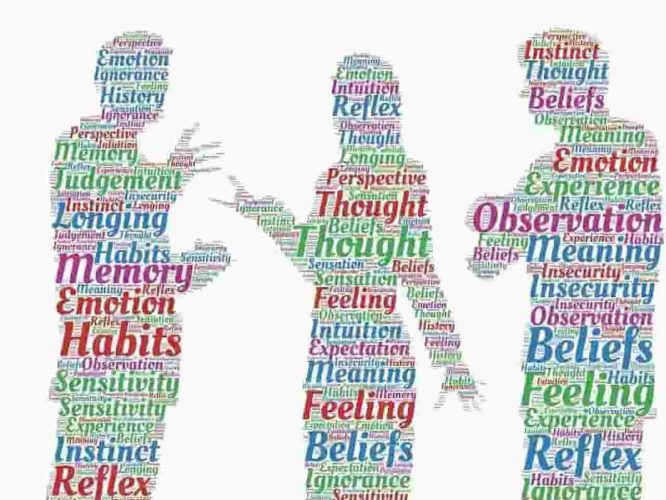Sometimes you need some help dealing with conflict in your life. Competition can be intimidating to some and a complete horror to others. Whether it’s in the workplace or at home, knowing how to deal with conflict positively is vital to your success. A conflict coach can be a valuable asset in your journey to conflict resolution. Here are five tips for managing conflicts from a conflict coach.
Clarify What the Issue Is
When dealing with any conflict, it is essential to have all the details of the situation. Knowing the facts will give you a clear edge in resolving whatever issues you are dealing with. On the other hand, not knowing the facts can lead to many headaches. A conflict coach may advise sitting with everyone involved and letting each person say what they feel the problem is. Perception is vital in a situation involving conflict. You may mean well, but does that translate to the other person? These are little details you may not think of alone, so using a coach as an impartial mediator can give you a different view of everything.
Rephrase the Main Points of Your Message
Sometimes all you need to do is rephrase your message so the point you want to make gets said clearly. This can be simple for many people, but it is a real challenge for others. Not getting what you intended to say out correctly can be an issue, so it’s best to make sure there is no room for misinterpretation.
Conflict often arises because of the way something is said as opposed to the intent behind the words spoken. This little step can go a long way in helping everyone stay on the same page. A conflict coach will assist you in finding the right words to say when trying to formulate your ideas and send your message to others.
Active Listening
Active listening is conditioning yourself to begin to listen and respond to what is being communicated to you. If it sounds complicated, don’t worry, it’s easy to understand. This form of listening shows a mutual connection between what the Speaker has to say and how the listener receives what is being said.
The Five Active Listening Skills
The five active listening skills will better allow you to hear what the other person is saying. It also lets them know you are listening to what they are saying. Here are the five active listening skills:
- Do not pass judgment
- Pay attention to who is speaking and keep eye contact
- Give appropriate responses to what you were told
- Show that you are listening
- Give feedback whenever possible
Active listening improves mutual understanding along with positive responses. A conflict coach can implement functional listening skills to better equip a person with conflict resolution tools that can get them ahead in life. Active listening helps diffuse most situations that people find themselves in.
Avoid Communication Dos and Do nots
There are plenty of dos and don’ts when it comes to communication strategies. Finding which ones to stick with and which ones to avoid is necessary. A conflict coach can guide you through the sea of questions to clear conflict resolution strategies that work for you. A good coach will show you the difference between good practice and what may get you into some altercations. These include preaching, lecturing, advising, and threatening people. Knowing how to interact with others will go a long way with conflict resolution.
Identify a Solution
The main reason we bring on conflict is to find a solution, so it’s only fitting that is what you do. The outcome often confirms that we were somewhat correct, but should we jump to conclusions in getting there? Given the potential outcome, it’s best to contact a conflict coach to assist you along the way.
A conflict coach will advise you to discuss the situation at hand thoroughly. Once they feel you have done so, it will be time to discuss a solution. A conflict coach will assist you in reaching this solution. However, if the situation requires further attention, they may step back and see how you negotiate a reasonable solution. For great coaching, contact the Peaceful Leaders Academy.

